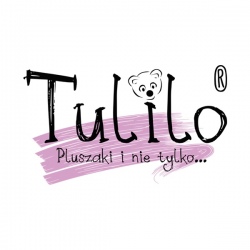Polish Pear Exports. Pear Exports Continue to Grow
What strategic actions could further strengthen Poland's position as a leader in pear exports to Germany, the United Kingdom, and other rapidly developing markets?
Pear exports from Poland are playing an increasingly important role in the international fruit market. Poland, primarily known as one of Europe's largest apple producers, has recently been gaining recognition as a key supplier of pears. The growing importance of Polish pear exports is the result of combining high quality, advanced logistics processes, and increasing consumer awareness of the health benefits of these fruits. Polish pears, appreciated for their taste and nutritional value, are reaching markets worldwide, including countries in the European Union, Asia, and even the Middle East.
According to data from Poland's Central Statistical Office, in 2022, Poland exported over 80,000 tons of pears, marking a 15% increase compared to the previous year. The export value exceeded €120 million, with Germany, the Netherlands, and the United Kingdom being the main recipients of Polish pears. Exports to Germany accounted for as much as 35% of the total volume, making this country Poland's most important trade partner in this category. A significant increase in sales was also observed in eastern markets, such as Ukraine and Kazakhstan, where Polish fruits are gaining growing popularity.
Exports to the United Kingdom have gained particular importance after Brexit, as British importers began seeking alternative suppliers of high-quality fruit. Poland, due to its geographical proximity and developed transport infrastructure, quickly became one of the key suppliers of pears to this market. British consumers value Polish pears for their taste, freshness, and favorable quality-to-price ratio. In 2022, the export value of pears to the UK exceeded €20 million, constituting a significant portion of Poland's total pear exports.
One of the key factors behind the success of Polish pear exports is the high production quality, which stems from the use of modern cultivation technologies and rigorous quality control standards. Polish producers are increasingly investing in eco-friendly cultivation methods, enabling them to meet the demands of the most discerning markets. Consequently, Polish pears enjoy recognition among consumers and the food industry alike. Additionally, certifications such as GlobalG.A.P. and organic certificates are gaining importance, allowing Polish exporters to compete effectively in international markets.
Exports of pears to the Netherlands, while smaller than to Germany or the United Kingdom, also show steady growth. The Netherlands is one of Europe's most important logistics hubs, and Polish pears are often distributed there to other European markets. Dutch importers value Polish fruits for their high quality and timely deliveries. In 2022, the export value of pears to the Netherlands exceeded €15 million, representing a significant part of Poland's overall pear trade.
Exports to Ukraine represent another important direction for Polish producers. In recent years, Ukraine has become one of the fastest-growing markets for Polish fruits. Polish pears are gaining popularity due to their affordable prices and fresh supply, enabled by geographical proximity. In 2022, exports to Ukraine increased by 25% compared to the previous year, underscoring the growing importance of this market.
Exports to Kazakhstan are another success for Poland's fruit sector. Kazakhstan, as one of the key markets in Central Asia, shows increasing demand for high-quality food products. Polish pears, with their quality and long shelf life, perfectly meet the needs of local consumers. In 2022, the export value of pears to Kazakhstan exceeded €10 million, representing a clear increase compared to previous years.
Poland's pear exports are also supported by a well-developed logistics infrastructure. As a key transportation hub in Europe, Poland offers excellent conditions for the quick and efficient transport of fruits to EU countries and beyond. This ensures that pears retain their freshness and high quality even over long distances. Additionally, the development of modern storage methods, such as controlled atmosphere (CA) technology, extends the shelf life of fruits, further strengthening the position of Polish producers in the global market.
A major advantage of Poland's pear sector is the diverse range of varieties. Poland specializes in cultivating varieties such as Conference, Lukasówka, and Klapsa, which are well-known and appreciated in foreign markets. Particularly, the Conference variety is highly sought after by European consumers for its juiciness, sweetness, and versatile culinary applications. Poland continues to invest in the development of new varieties to meet changing consumer preferences and market requirements.
The growing popularity of Polish pears worldwide is also a result of intensive promotional efforts. Polish industry organizations, such as the Association of Polish Fruit Growers and the National Council of Agricultural Chambers, regularly organize marketing campaigns and participate in international food fairs. These efforts help build a positive image of Polish pears as high-quality products worth including in daily diets. It is worth noting that the Poland-Export.com platform strongly supports pear exports, helping producers reach new international markets.
International consumers are drawn not only by the quality but also by the competitive pricing of Polish pears. Thanks to efficient production and distribution processes, Polish pear exporters can offer attractive prices, making their offer competitive compared to other countries. Additionally, Polish pears have a low pesticide content, which is an added advantage for health-conscious consumers.
One of the challenges facing Poland's pear sector is the variability of weather conditions. Extreme weather events, such as frosts or droughts, can affect the quantity and quality of harvests. However, Polish producers are taking measures to mitigate risks, such as investing in irrigation systems and orchard protection technologies.
Despite the challenges, Polish pear exports have a promising future. The growing demand for high-quality fruits in international markets, combined with Poland's excellent production conditions, creates a strong foundation for the sector's continued growth. Polish pear producers and exporters must continue investing in quality, innovation, and promotion to maintain competitiveness in the global market.

 pl
pl  en
en  de
de  es
es  fr
fr  it
it  pt
pt  ru
ru  sv
sv 



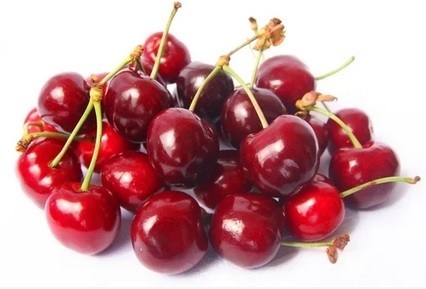






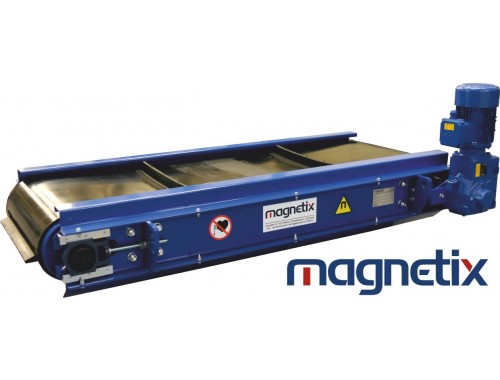
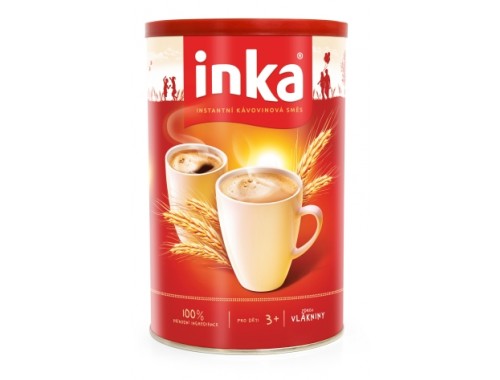
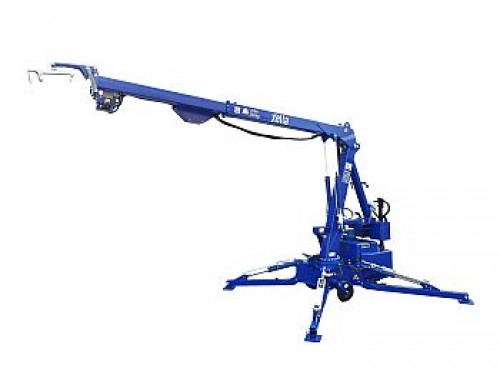








.jpg)

